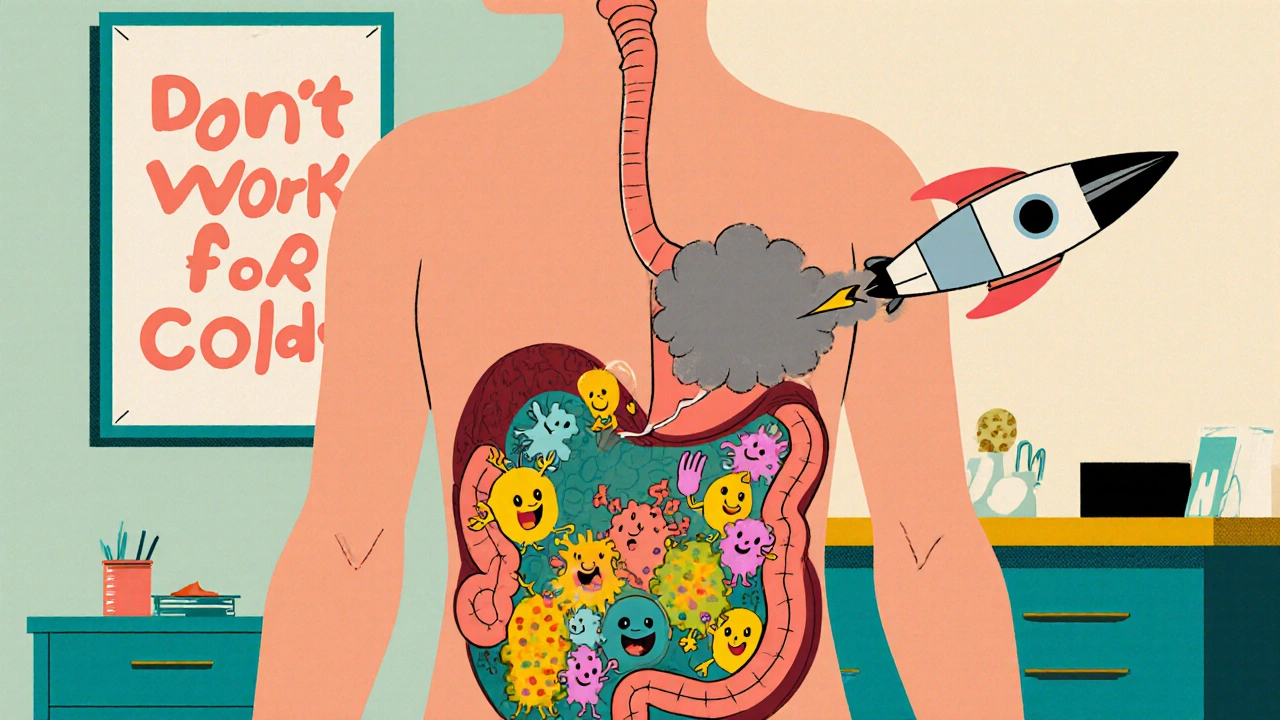Antibiotic Overuse: Why It’s Dangerous and What You Can Do
When you take an antibiotic overuse, the unnecessary or incorrect use of antibiotics that leads to reduced effectiveness and increased resistance. Also known as antibiotic misuse, it’s one of the biggest threats to modern medicine. Every time you take an antibiotic when you don’t need it, you’re not just helping yourself—you’re helping bacteria get stronger. These bugs evolve, survive, and spread. What starts as a simple sore throat or ear infection can turn into a life-threatening condition if the drugs stop working.
Antibiotics don’t fight viruses. That means they won’t help with colds, flu, or most sore throats. Yet, nearly one in three antibiotic prescriptions in the U.S. is unnecessary. Doctors sometimes give them to please patients. Patients sometimes demand them because they think antibiotics = fast cure. But the real cost isn’t just money—it’s your future health. When antibiotics lose power, routine surgeries, chemotherapy, and even minor cuts become dangerous. antibiotic resistance, the ability of bacteria to survive and multiply despite antibiotic treatment isn’t science fiction—it’s happening now. The WHO calls it one of the top 10 global public health threats.
And it’s not just about taking pills. superbugs, bacteria that resist multiple antibiotics and can cause untreatable infections are showing up in hospitals, nursing homes, and even in the food we eat. Meat from animals given antibiotics for growth or to prevent disease can carry these resistant strains. You don’t need to be sick to be at risk. The bacteria don’t care if you took the drug—they just care if they can survive it.
But there’s good news: you can help turn this around. Don’t pressure your doctor for antibiotics. Ask: "Is this really bacterial?" If you’re prescribed one, take it exactly as directed—even if you feel better. Never save leftovers or share them. And if you’ve taken antibiotics recently, support your gut with probiotics for antibiotics, live bacteria that help restore healthy gut flora after antibiotic treatment. They won’t stop resistance, but they can reduce side effects like yeast infections and diarrhea.
What you’ll find below are real, practical guides written by people who understand how antibiotics work—and how they fail. From how to prevent yeast infections after antibiotics, to why a simple cough might not need a prescription, to how drugs like Cepmox and Tinidazole are used (and misused), these posts give you the facts without the fluff. No hype. No fearmongering. Just clear, honest advice to help you make smarter choices—for your body, and for everyone else’s too.

Antibiotic Stewardship: How Smart Prescribing Stops Resistance and Saves Your Gut
Antibiotic stewardship means using antibiotics only when needed and in the right way. It stops resistance, prevents deadly gut infections like C. diff, and saves lives. Learn how smarter prescribing protects your health.
